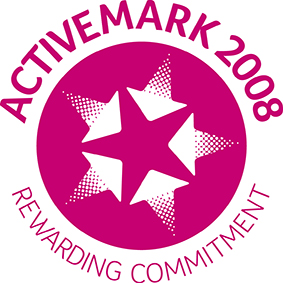At West Cornforth Primary School, we believe that direct engagement in drama is essential as part of a creative curriculum, that every pupil has a right to experience.
Creativity is key here at West Cornforth Primary School and through drama sessions we challenge children to think creatively about their education, play and development.
Ensemble work is promoted across all key stages, enabling children to think as a collective and generate creative ideas from differing opinions, experiences and attitudes of their ensemble. We also facilitate individual drama activities enabling pupils to harness and explore their own identity and performance style.
Drama promotes language development. Its collaborative nature provides opportunities for pupils to develop key skills of communication, negotiation, compromise and self-assertion. Pupils develop confidence when speaking and their vocabulary is extended when they adopt roles and characters. Pupils also acquire subject-specific vocabulary through reflecting on and evaluating their own work and the work of others.
What does drama look like at Key Stage 1?
During Key Stage 1, pupils learn the key concepts of being a performer. Drama at Key Stage 1 involves exploring vocalisation, body language and facial expression. Pupils learn how they can portray a variety of emotions using vocal modulation and body language. Through their own ideas and inspirations, pupils devise their own scenes and act out a variety of emotions through imagined context. Pupils become aware of their audience and how other theatrical devices such as symbolic props, costumes and soundscapes can be used to help breathe life into their imagined scenes.
What does drama look like at Key Stage 2?
During Key Stage 2, pupils use a wider range of dramatic devices and techniques. Pupils explore pre-written texts and scripts to bring characters to life. Increased control of voice and body means that they portray more precisely defined characters. Pupils learn lines and write short scripts which grow out of practical exploration of a story and devised scenes with structure, intent and imagination.
At both Key Stage 1 and 2, drama plays a significant role in developing pupils’ speaking and listening skills, confidence and their insights into narrative and character.
Scripted texts and devised scenes provide strong stimulus for imaginative writing. Through exploring characters and their response to events, children are enabled to express their understanding of what they have experienced.
“We must all do theatre – to find out who we are, and to discover who we could become.” Augusto Boal, Playwright.
Subject Area Progression Map
Drama Progression Map at West Cornforth Primary School
Adobe Reader
You may need a product like Adobe Reader (free download) to view our PDF documents on our website.














